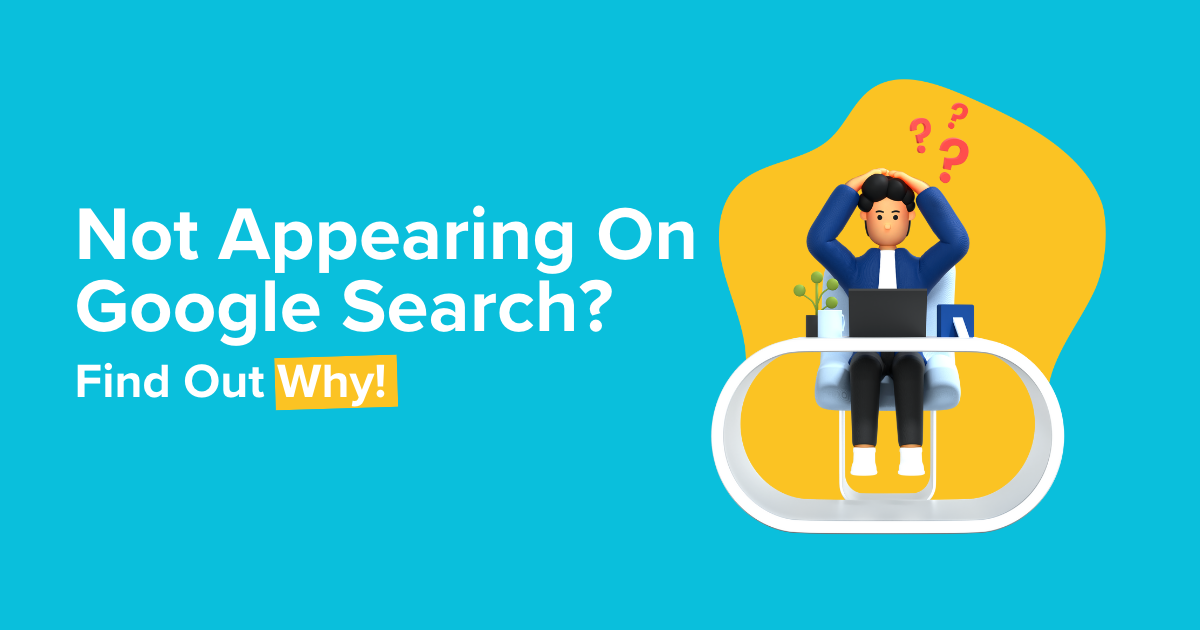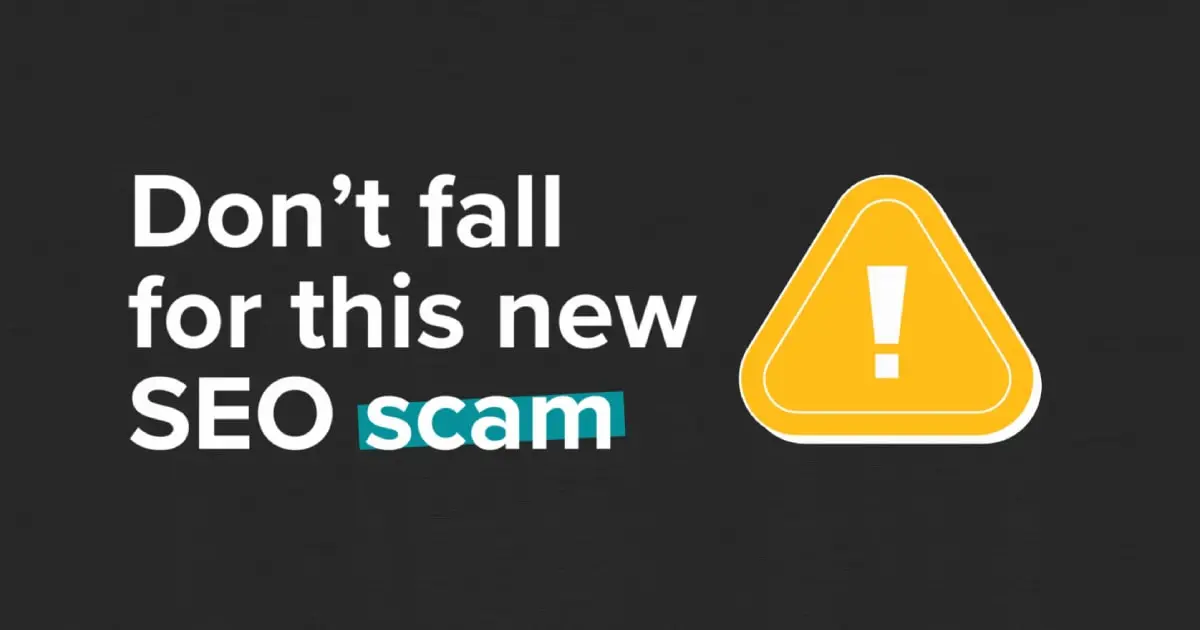


Mel Gibbons
13 April, 2022

Indexing is the process by which search engines like Google organise information to provide quick responses to search engines. Businesses adopt various practices and strategies to ensure their content appears on search engine results pages (SERPs). However, even with these efforts, your site might not get indexed due to overlooked mistakes.
To check if your site is indexed by Google, use the “site:” operator followed by your website’s URL in Google’s search bar. This will show all indexed pages. Additionally, if you are looking for a more detailed indexing report and insights about your site’s presence we recommend accessing Google Search Console.

Here are some common reasons why your web pages might not be getting indexed and how to fix them.
Even with relevant and good content, your website might struggle to get indexed if it isn’t mobile-friendly. Ensure your website is optimised for smartphones and tablets to keep web traffic flowing. Reputable digital marketing agencies ensure cross-platform compatibility, faster load times, and well-curated designs and media. Use a Mobile-Friendly Testing tool to identify aspects that are negatively impacting your website’s mobile-friendliness.
Quality content is essential for a good Google ranking. If your content is less comprehensive than your competitors’, you will struggle to drive traffic. Focus on creating fresh, unique, and informative content. Well-written, plagiarism-free content is more likely to be indexed by Google.
Google is unlikely to index a slow-loading website. Slow loading speeds could be due to excessive content on web pages or an outdated server. To improve your webpages’ indexing, address slow loading speeds and ensure a fast, seamless user experience.
Meta tags set to no-follow or no-index can adversely affect multiple web pages. Check your meta tags before publishing any content to ensure proper indexing.
A user-friendly, engaging website is key to gaining SEO benefits. If your website captivates visitors, Google is more likely to rank it highly in search results. Ensure good user experience, smooth navigation, and fast loading speeds. Internal and external linking is also crucial for a natural flow within your website.
A sitemap is crucial for helping search engines understand your website’s content. Without a sitemap, Google cannot decipher which pages are essential, making it less likely to index your site.
Excellent technical SEO is necessary for impressing both Google and your users. A strategic technical SEO audit can uncover underlying issues preventing your pages from being indexed. Consider seeking expert help to address these complex issues.
Using JavaScript isn’t inherently bad, but it can cause indexing problems. Ensure your CSS or JS files are not blocked, as Google uses these for crawling purposes.
Redirect loops are one of the causes that prevent web page indexing. This issue can commonly be attributed to typos and can be rectified. First, identify the page that has caused the redirect loop. If you use WordPress, look for the HTML source of the posts, identify the access file and then search for “Redirect 301”. This will locate the page that is redirecting the traffic. Make sure there are no duplicate URLs and fix any typos.
If Google has penalised your site, rectify the errors causing the penalty. Google penalties can prevent your pages from being indexed. Ensure your site adheres to search engine guidelines and uses fresh content.
Both technical SEO and quality content are crucial for getting your site indexed. On-page and off-page optimisation must be up to par so Google can crawl, index, and rank your website for relevant industry keywords. Regular updates are essential as Google can visit your site at any time. Understanding and addressing these common issues can help improve your site’s indexing and visibility on SERPs.
Join hundreds of businesses boosting their knowledge with our monthly insights.
Contact us for an online marketing solution to build your brand and grow revenue.
Contact Us 1300 055 000
1300 055 000

